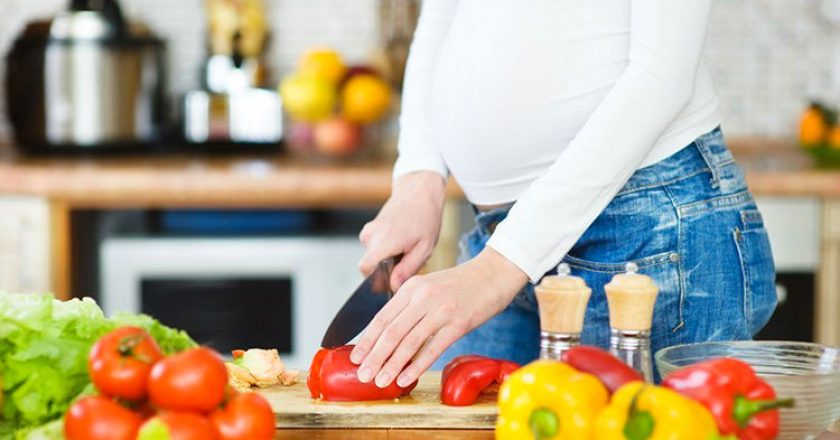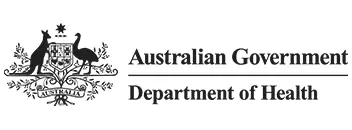Pregnancy is a blissful condition every woman yearns to experience at least once in her lifetime. But at the same time, this phase can bring about a host of doubts and worries as the body undergoes multiple changes in a short span of time.
The period is undoubtedly challenging as it puts the body under various forms of stress – emotional, physical and mental. Not only is it essential for the women to keep their fitness levels at their best while nurturing the baby in their womb, but also it is imperative to eat nutritional food to serve both the mother and the baby efficaciously.
Maintaining an optimum weight and fitness level during pregnancy goes a long way in helping the women combat the various complications associated with it while preventing several others during birth, postpartum and lactation periods. Additionally, it also helps battle every woman’s apprehension to achieve permanent weight loss after pregnancy.
Anaemia, intra-uterine growth retardation, pregnancy diabetes, hypertension, low liquor amnii volume and low birth weight infant, preterm labour are the most prevalent conditions associated with pregnancy.
So, here’s a comprehensive guide to the superfoods that help you nourish your baby during pregnancy while keeping you fit and healthy – pre and postpartum.
-
- Vegetables and fruits: Green leafy vegetables like kale, broccoli, spinach, lettuce are an excellent source of vitamins, minerals in proper amounts that help in the overall development of the baby’s body parts and avoid any birth disorders. Minerals like folic acid are essential for avoiding neural tube defects and other growth disorders, and are found in abundance in green leafy vegetables, broccoli, oranges, avocado, or fortified bread and cereals. It is also beneficial for you to incorporate the top foods that boost your immunity in your diet.
- Legumes: Apart from vegetables, legumes are also rich sources of proteins that help build immunity and maintain optimum hormonal levels during all the pregnancy trimesters.
- Whole grain foods: It’s best to consume high-fibre grains like multigrain bread, pasta, rice or cereal. Adding fibre to the diet helps prevent constipation which may get more troublesome as pregnancy proceeds due to the additional force exerted on the gut by the increasing size of the uterus.
- Meat, fish and Poultry: Health Council, Queensland recommends 3 ½ serves of lean meats, poultry, fish, eggs, tofu, nuts/seeds or legumes/beans to deliver the protein requirement of the day. One serving ideally comprises of 65-80g cooked meat or poultry, 100g fish, 2 eggs, or 1 small handful of nuts/seeds. Poultry, red meat and tofu are rich sources of iron and help prevent iron deficiency anaemia.
- Iodised Table Salt: Although an excessive amount of salt is best avoided, iodised varieties supply the much-needed iodine for preventing goitre and other disorders related to an underactive thyroid.
Prevention is always better than cure, so it’s advisable to consume the recommended foods in the right amounts during pregnancy. This not only ensures a healthy growth for the child but also an easy and rapid recovery for the mother.







